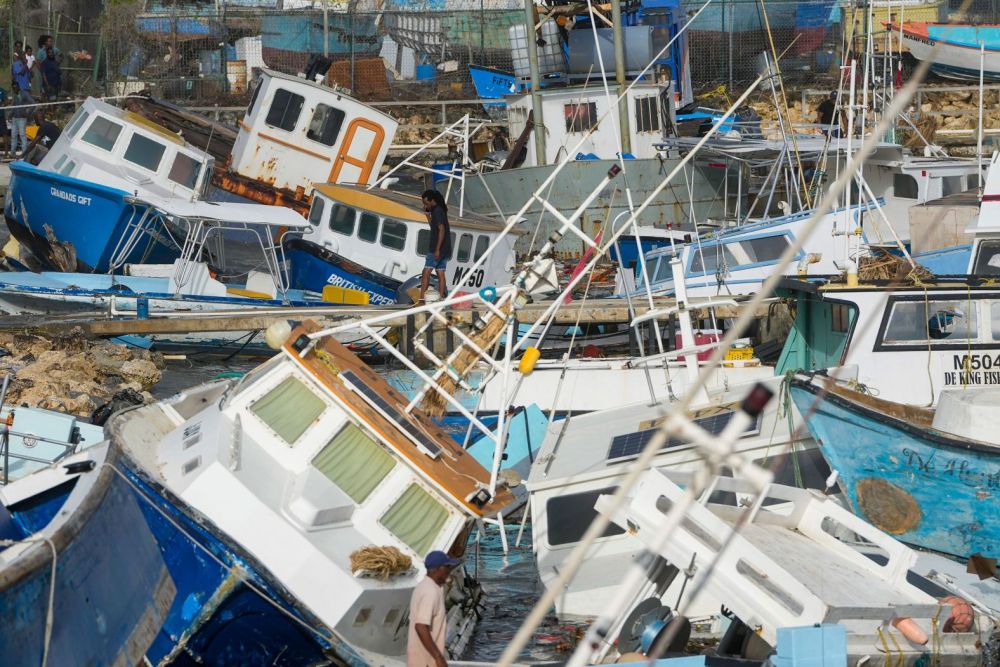The debate surrounding extreme weather and its connection to global warming has intensified in recent years, with mounting scientific evidence pointing towards a clear link between the two phenomena. Climate scientists overwhelmingly agree that human-induced climate change is contributing to an increase in both the frequency and intensity of extreme weather events worldwide. This consensus is based on decades of research, including long-term temperature records, satellite observations, and geological data, all of which consistently indicate a warming planet.

Recent data from reputable sources like NASA and the European Union’s Copernicus Climate Change Service paint a stark picture of our changing climate. For instance, June 2024 was reported as the hottest June on record globally, marking the 13th consecutive month of record-breaking temperatures. This persistent trend of rising temperatures is not merely a statistical anomaly but a clear indicator of the profound changes occurring in our climate system, which in turn affects weather patterns across the globe.

It’s important to note that while climate change influences various types of extreme weather, the strength of this connection varies depending on the specific event. Heat waves, for example, are more easily linked to global warming due to their direct relationship with rising temperatures. Other events, such as hurricanes or tornadoes, have more complex origins, making it challenging to attribute individual occurrences solely to climate change. This is where attribution studies come into play, helping scientists determine the extent to which climate change has influenced the likelihood or severity of specific extreme weather events.

The impacts of this climate-weather relationship are far-reaching and increasingly visible. We’re witnessing more intense and prolonged heat waves, leading to severe droughts and increased wildfire risks in many regions. Rainfall patterns are shifting, with some areas experiencing more frequent and intense downpours, resulting in devastating floods. Meanwhile, rising sea levels exacerbate the destructive potential of coastal storms. As our planet continues to warm, these extreme weather events are expected to become more common and severe, underscoring the urgent need for global action to mitigate climate change and adapt to its impacts.

